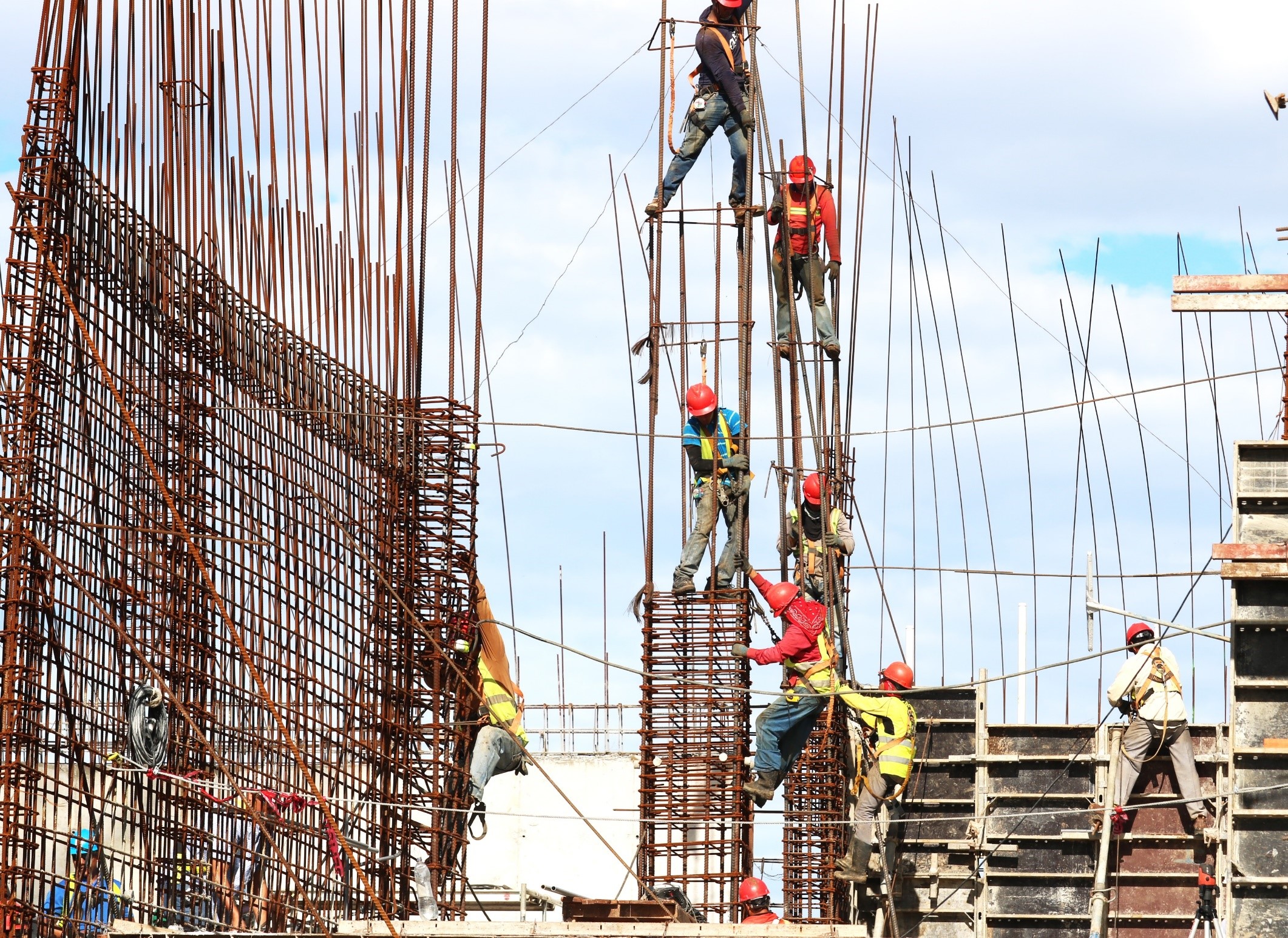A Platform for Change: How CoST Honduras’ open data platform supports civic participation in infrastructure projects
Guestblog by Oxford Insights
CoST Honduras is a transparency-focused initiative that has used civic participation to challenge and change corrupt practices in infrastructure procurement. They focus on empowering citizens through education and giving them channels to hold the government to account. Key to this has been the introduction of their open data platform for infrastructure projects: SISOCS.
Before CoST’s inititative was established in Honduras, close connections between politicians, criminal networks and private construction companies exposed the Honduran infrastructure sector to significant graft and leakage. This resulted in poor construction quality and delayed projects. The level of public information about government contracts on large-scale infrastructure was also very low.
The new government of President Juan Orlando Hernández invited CoST – the Infrastructure Transparency Initiative (CoST) to begin work in Honduras in the summer of 2014. CoST Honduras follow the approach common to CoST members across the world, focusing on multi-stakeholder working, data disclosure, assurance reporting and social accountability.
Key insight
With guidance from central coordinators (CoST Honduras), citizens can self-organise to monitor infrastructure projects and demand greater transparency.
The initiative
Much of the existing endemic corruption still remains, but CoST Honduras’ focus of civic participation has resulted in some significant structural and cultural changes in Honduras. Citizens are beginning to self-organise their own approaches and responses to problematic projects. With CoST Honduras’ support, citizens have started initiatives like the ‘Social Audience for Infrastructure’, a volunteer group organised ‘autonomously’ that follows the CoST Honduras approach.
CoST Honduras use the information that they and their monitors collect to lobby for transparency, data disclosure and stronger accountability structures in central government. CoST Honduras, with the support of their citizen monitoring groups, have successfully challenged and changed poor practices on several projects. So far they have also trained 550 citizens to monitor projects and 175 to use their open data system. They now report seeing people demanding more contracting information from the government.
Government officials also talk about the ‘huge cultural change’ in government as a result of CoST’s work, with staff working hard to meet the new requirements to disclose information on SISOCS.
The outcomes
Overall, as a result of CoST’s work, Honduras has seen:
-
- Legal changes: such as the introduction of a 2015 executive decree mandating that government bodies publish all data listed in the CoST Infrastructure Data Standard.
- Improved access to data: through the online portal SISOCS, which allows nine government entities to publish their contracting data.
- Increased transparency: CoST Honduras disclosure rates rose to 85% in 2015 for specific projects, and to 95% in 2018 — up from just 27% before the initiative began.
What helped
- Central government support. CoST Honduras have found central government support instrumental to their work: a ‘good rapport’ gets ‘results’ and provides quick access to information in their environment.
- Positive media attention. This and the ability to mobilise the press is also crucial in carrying accurate information about CoST assurance reports to the public, which then helps CoST Honduras draw the government’s attention to key issues and red flags in infrastructure projects.
- Clear communication with citizen monitors. Communicating and teaching citizen monitors in “layman’s terms” has helped CoST Honduras engage volunteers who often have no more than a secondary school education.
What didn’t help
- Government resistance. Most government entities are still resistant to opening up data on their infrastructure projects, despite legislation in this area. Data disclosure in general is not yet habitual in government and resistance can become exacerbated by staffing shortfalls and a lack of practical understanding.
- Challenges of capacity and funding. This makes publishing, maintaining and using their data much more difficult. It has also meant that they haven’t been able to extend their operations to the municipal level.
- Over enthusiasm. Government officials have said that even where there are legitimate reasons for contract changes, CoST Honduras have a tendency to publicly ascribe this to corruption. This could lead to damaged relationships with government.
Lessons
- Leave enough time to train citizens in technical matters. Teaching non-specialists how to recognise highly technical aspects of complex infrastructure projects takes a lot of time. This should be properly planned, while taking account of differences between different sectors. Monitoring energy infrastructure for example, is more complicated than monitoring a single-lane road project.
- Help the community to train its own members. Working with community leaders to help them pass on skills to other community members can make community knowledge transfer sustainable.
- Support members of the multi-stakeholder group. The multi-stakeholder group (MSG) guides CoST Honduras’s interventions and comprises experts from government, private sector and civil society, who give their time voluntarily. These members need ongoing support from CoST Honduras to help track progress.





